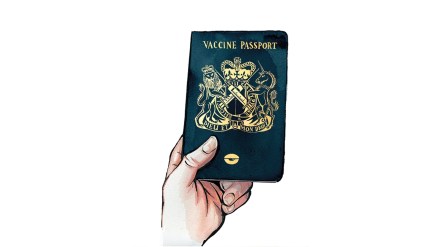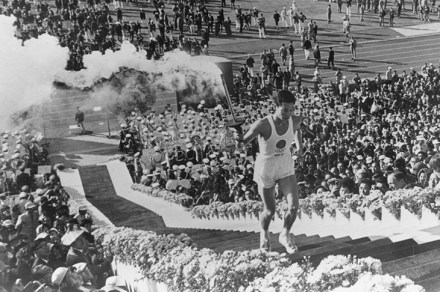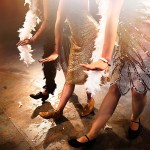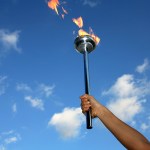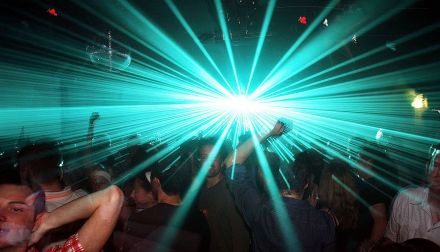Why Gove’s night on the dance floor is good news
I was pleased to see pictures of Michael Gove at a nightclub in Aberdeen last weekend. According to press reports, he barrelled into a pub in the city centre at around 1.15 a.m. on Sunday, and when last orders were called he was persuaded by fellow revellers to accompany them to a nightclub called Pipe, where he spent the next hour dancing energetically to loud music. ‘I am almost sure he was by himself,’ said Emma Lament, a singer who had performed an acoustic set earlier in the pub and revealed a ‘merry’ Mr Gove had ‘rocked up’ before closing time. ‘He really was enjoying himself. I don’t think he



